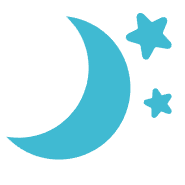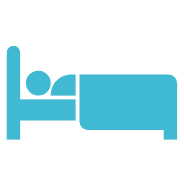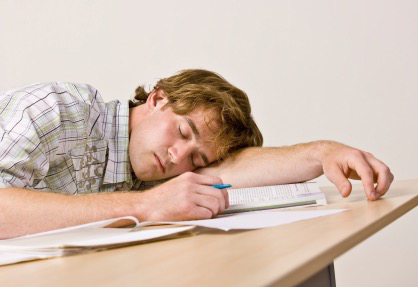A sleep study is a non-invasive, painless evaluation of your sleep.
Electrodes attached with paste monitor your brain waves, rapid eye movements, breathing patterns, respiratory efforts, oxygen levels, snoring, muscle tone and leg movements, electrocardiogram and Heart rate.
Adult patients typically arrive between 8pm and 10pm. We aim to get at least 7 hours of sleep study time, before patients leave between 6am and 8am. Our rooms have been designed with comfort in mind, so that you can get the best sleep possible in what might.

Sleep studies routinely include a digitally recorded video that enables our sleep physicians to visually observe sleep position, movements, respiration and other sleep-related information.

We are required to have your written consent to perform the sleep study and to record the video.

This data is protected by the Health Insurance Portability and Accountability Act (HIPAA), Which established national standards for the security and privacy of health data.

Our physicians will review the sleep recording in conjunction with your clinical history to arrive at a diagnosis.

Is a Sleep Study necessary?
Sleep studies can diagnose these common sleep disorders:
Sleep apnea: You repeatedly stop breathing during sleep.
Hypersomnia: Conditions like narcolepsy create an overwhelming need for sleep.
Parasomnias: Abnormal movements, behaviors or dreams occur during sleep